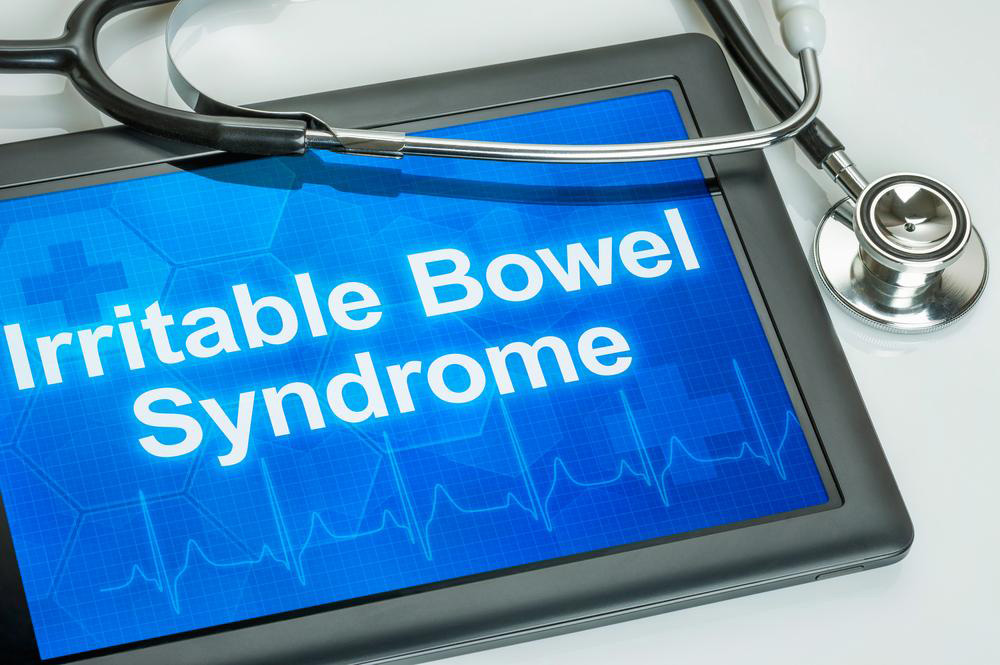Effective Natural Approaches to Alleviating Constipation in IBS
Discover comprehensive natural strategies to manage constipation caused by IBS. From dietary changes like increasing fiber and probiotics to lifestyle habits such as exercise and stress reduction, this guide offers effective, safe tips to improve digestive health. Consulting healthcare providers ensures a personalized approach. Manage your IBS symptoms naturally and enjoy a better quality of life with these proven methods tailored for lasting relief.

Effective Natural Approaches to Alleviating Constipation in IBS
Irritable Bowel Syndrome (IBS) is a widespread chronic gastrointestinal disorder that affects millions worldwide. Characterized by a combination of abdominal pain, cramps, bloating, and irregular bowel habits, IBS manifests in various forms, with some individuals predominantly experiencing diarrhea, while others suffer mainly from constipation. Despite the absence of a definitive cure, understanding the diverse symptoms and underlying factors can lead to effective management strategies. While the exact causes of IBS remain somewhat elusive, prevailing theories suggest that issues such as heightened gut nerve sensitivity, prior infections, genetic predispositions, abnormal water absorption in the colon, and disrupted communication between the brain and gut all play roles in its development.
Managing IBS-related constipation requires an integrated approach combining lifestyle modifications, dietary adjustments, natural remedies, and sometimes medical intervention. Personalized strategies based on an individual's specific triggers and symptoms are essential for effective relief. Developing a routine that incorporates natural methods can significantly improve quality of life and minimize discomfort.
Beyond conventional medical treatments, self-care practices and natural remedies can be powerful tools in managing IBS constipation. Recognizing patterns—such as the impact of particular foods, stress, or lifestyle factors—allows for a tailored approach that addresses individual triggers. However, it is crucial to consult healthcare professionals before trying new remedies or significantly altering your diet to prevent adverse effects and ensure safety.
Probiotics for Restoring Gut Balance – Incorporating probiotics into your diet can support a healthy gut microbiome, which is vital for proper digestion and bowel function. Natural sources like probiotic-rich yogurt, fermented foods such as sauerkraut, kefir, kombucha, miso, raw cheese, and pickles can introduce beneficial bacteria to your digestive system. While many report relief from cramps and improved bowel regularity, efficacy varies among individuals depending on their unique gut flora and overall health.
Boost Dietary Fiber Intake – Dietary fiber is essential for maintaining healthy bowel movements. A fiber-deficient diet often contributes to constipation. Including a variety of colorful fruits, vegetables, whole grains, nuts, and seeds can enhance fiber intake naturally. When considering fiber supplements, consult your healthcare provider to identify suitable options and avoid gastrointestinal discomfort or other complications.
Stay Well-Hydrated – Adequate hydration is fundamental for smooth digestion and toxin elimination. Drinking sufficient water throughout the day helps soften stool and facilitates easier passage. Limiting caffeinated beverages and alcohol, which can dehydrate the body, supports digestive health and reduces irritation.
Incorporate Daily Physical Activity – Regular exercise stimulates intestinal motility, promotes bowel regularity, and enhances overall digestive function. Activities such as brisk walking, swimming, yoga, or stretching routines tailored to your needs can make a significant difference. Consistency is key, and starting with moderate activity levels can prevent overexertion.
Manage Stress Effectively – Chronic stress can exacerbate IBS symptoms, including constipation. Stress reduction techniques such as mindfulness meditation, deep breathing exercises, hobbies, or engaging in relaxation therapies can help soothe the gut-brain axis. Seeking support from a mental health professional or joining support groups may provide additional relief.
Use Medications with Caution – Over-the-counter (OTC) laxatives and fiber supplements can provide temporary relief but should be used sparingly. Prolonged or improper use may damage nerve function in the gut and worsen symptoms. Always consult your healthcare provider before initiating medication or supplement use to ensure safety and appropriateness.
Reduce Intake of Dairy Products – For individuals with lactose intolerance, consuming dairy can lead to bloating, gas, and discomfort, aggravating IBS symptoms. Limiting or eliminating milk, cheese, and other dairy-based foods may be beneficial in managing constipation and related symptoms.
Limit Gluten Consumption – Some people find that gluten-containing foods, such as bread, baked goods, and processed foods, can trigger IBS symptoms. A gluten-restricted diet might help reduce bloating, cramping, and constipation in sensitive individuals.
Living with IBS-related constipation can be challenging and affect daily life profoundly. However, adopting these natural and lifestyle strategies can lead to significant symptom relief. Consistent implementation, combined with professional medical guidance, is crucial for managing the condition effectively. Empowering yourself through knowledge and proactive habits can help you regain control over your digestive health and improve overall well-being.





